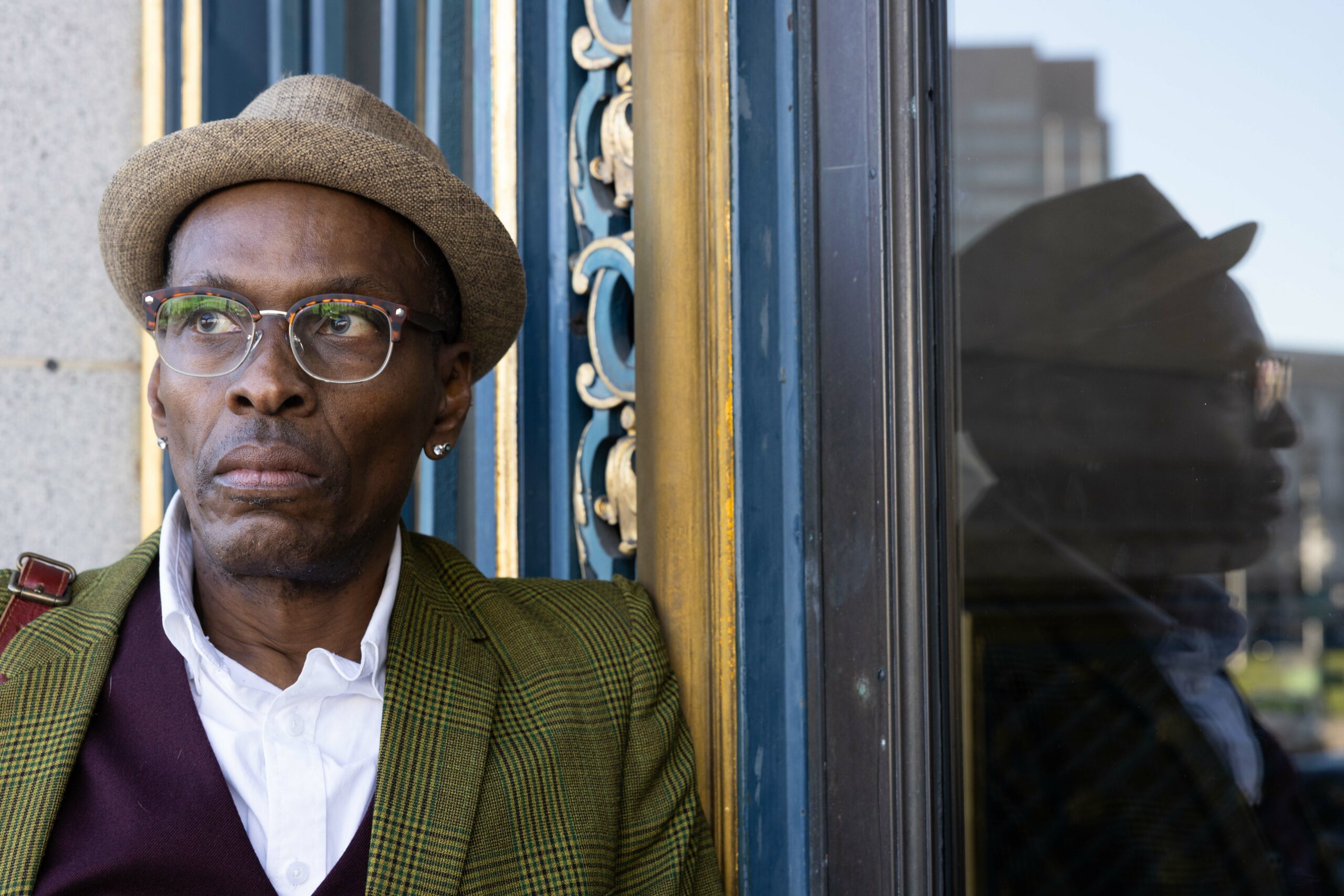From working in San Francisco City Hall to sleeping on the city’s streets, Kerrington Osborne has spent much of the past decade fighting back a severe depression that led him to undo many of his early-life accomplishments.
Above graduating from Harvard Law School and becoming a legislative aide to former Supervisor Michael Yaki, it’s his journey back from the brink of suicide that’s his proudest accomplishment to date, Osborne said.
But now, six years into treatment and just months before he plans to retake the bar exam, Osborne faces yet another obstacle.
His longtime housing and treatment provider, a nonprofit called Positive Resource Center (PRC), said in September that it could no longer afford to take care of many of its clients, threatening to displace Osborne and others as he’s on the precipice of fully reclaiming his life.
PRC, which manages another nonprofit called Baker Places, shocked city officials in September when the organization’s leadership asked for a $4 million bailout, just months after receiving $1.2 million in emergency funding, to keep four of its programs running. The bailout requests sparked suspicions of mismanagement at City Hall and led the Department of Public Health to distance itself from the nonprofits.
The Department of Public Health has since found alternate providers for two of PRC and Baker Places’ insolvent programs, but not the transitional housing program where Osborne lives. The department and PRC have said that they are working to minimize the impact on clients as they transfer services.
Meanwhile, Osborne said that the uncertainty in his housing status has caused him to pause his plans to retake the bar exam, switching his focus to advocating for his fellow clients. Osborne lost his law license after a grand theft conviction in 2011.
No stranger to fighting for a greater cause, Osborne, the son of Black parents who were refugees from Alabama during the Jim Crow era, cut his teeth working in AIDS advocacy during the early 1990s.
Osborne said he was inspired as a child by the work of civil rights lawyer and associate supreme court justice Thurgood Marshall. Before coming out as gay, he dreamed of moving to San Francisco from the less colorful town of Sacramento where he spent his youth.
He graduated at the top of his high school class and received his bachelor’s degree from Dartmouth College, before heading to Harvard Law School with hopes of building a career in racial justice.
But after moving to San Francisco in 1989, living the life he had always dreamed of, the tragedies he experienced during the AIDS epidemic—which killed 19,000 people in San Francisco alone—persuaded him to instead work in HIV advocacy.
Osborne described losing several of his closest friends to the disease, causing spiraling grief and eventually a severe depression that nearly took his life.
Osborne said he began suffering from mental distortion in the early 2000s, and began rebelling against his clean-cut upbringing in what became a pattern of self-sabotage. For reasons he attributes to acute stress and depression, he said he took his frustrations out on his parents and cut ties with friends, destroying his career and reputation.
“In my distorted mind, the best way to make my family pay was to spiral out of control and make my family witness the destruction that they brought on,” Osborne said.
As the depression took hold, Osborne lost his job and severed relationships with those who cared about him, eventually becoming homeless on San Francisco’s streets and nearly taking his own life.
“I decided I was going to end it all,” he said. “Fast forward to 2023, and I want to live again.”
Osborne said that the mere thought of ending up back on the streets has caused him and fellow PRC clients to experience sleepless nights. He has since attended several City Hall meetings to urge local leaders to take action.
Once he regains his license to practice law, which he’s confident he will, Osborne said he plans to turn his efforts toward mental health advocacy.
“I’m literally at the cusp of getting back on track,” he said. “And frankly, I’m not going to let anything stop it.”
